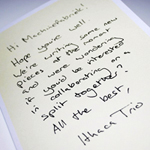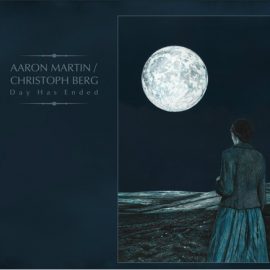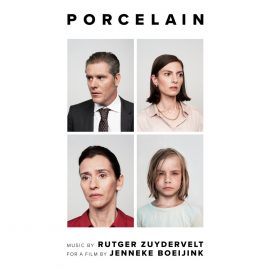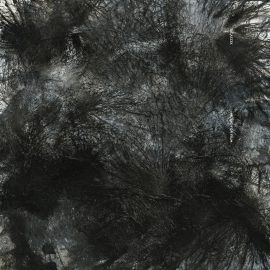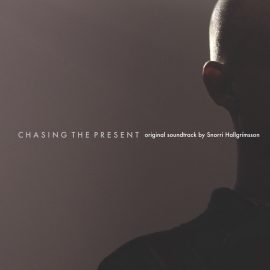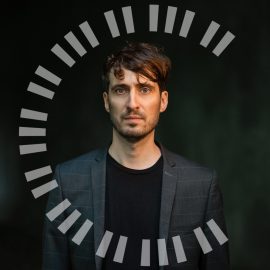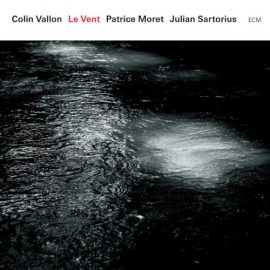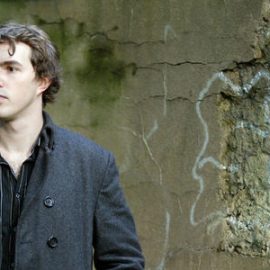
Tell us about the Ithaca Trio
Contrary to popular belief, we are not a trio. In fact there is no “we”. Ithaca Trio is a collective project, directed by myself and featuring some of the many wonderful artists I have had the privilege to meet. An Ithaca Trio ‘live’ set features anything from me playing solo, to about 9 ‘key-collaborators’. Its a mixture of improvised and edited recordings, I think our live and studio personas reach the two most extremes of this.
What prompted you to reach out to Rutger for a split?
I have got to admit (though I don’t think I’ve ever told him), but Rutger is one of my musical heroes of the last few years. Everything he puts out has always resonated with me really strongly, I genuinelybelieve he is the top of his game. So with that in mind, my initial note to him was like a ridiculously far-fetched pipe dream! I just thought, ‘hey why not give it a shot…’ And then here we are!
How did you become acquainted with Machinefabriek?
I think I was first inducted to the Machinefabriek cult through Paul Elam (Fieldhead). He put Rutger on in the tiny basement of a pub in Leeds. Its an odd venue, a little grim, but Rutger played the most enthralling set with an Autoharp and a loop pedal. I was hooked straight away, and ran over and bought all I could find from him and Jumbo records in Leeds!
What is the central theme behind your latest release, Par Avion?
Stefan and I dicking about in a studio? I think our principle influence during the initial improvisations was the concept of acousmatic listening environments and free-improv which led to this whole idea of ‘sounds coming from another room’ that we explored throughout.It is really a sense of disassociation that I get when listening back. It is deliberately distracting from itself, lots of small incidental sounds interspersed with others that grab your attention and make you think, ‘Is that on the recording, or is it just next door?’. I like that, if it sounds good, I’ll take credit for it. If it sounds crap – it was next door…
Can you reveal a few secrets behind your production process?
The recordings in Archaeologists and Double Bass were made whilst Stefan and I walked around the Henry Moore Institute in Leeds. We asked the curator if we could record but we weren’t allowed, so rather than admit defeat, we made the recordings in secret by hiding the microphones…
How is this work different from your live arrangements?
Our live works tend to be more organic than our studio work. Live, we like to demonstrate some of the raw nature of what goes into the records. During our performances we like to utilise a completely free approach to improvisation. We don’t have charts, maps, or any concept of what will happen during the course of the set. Somebody starts, and we just follow the sound…
See Headphone Commute review of Par Avion
